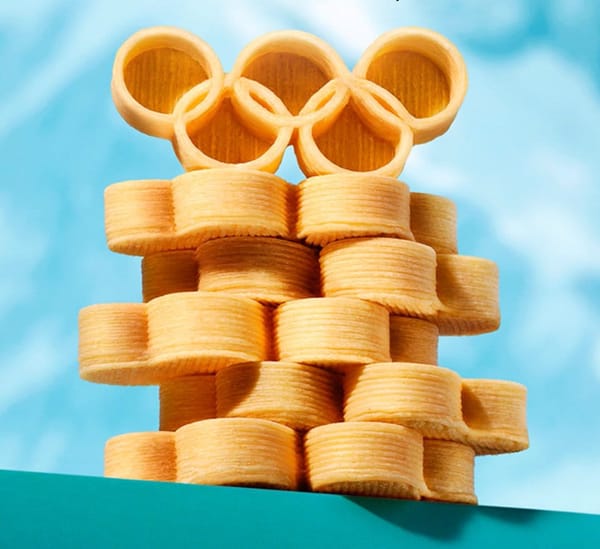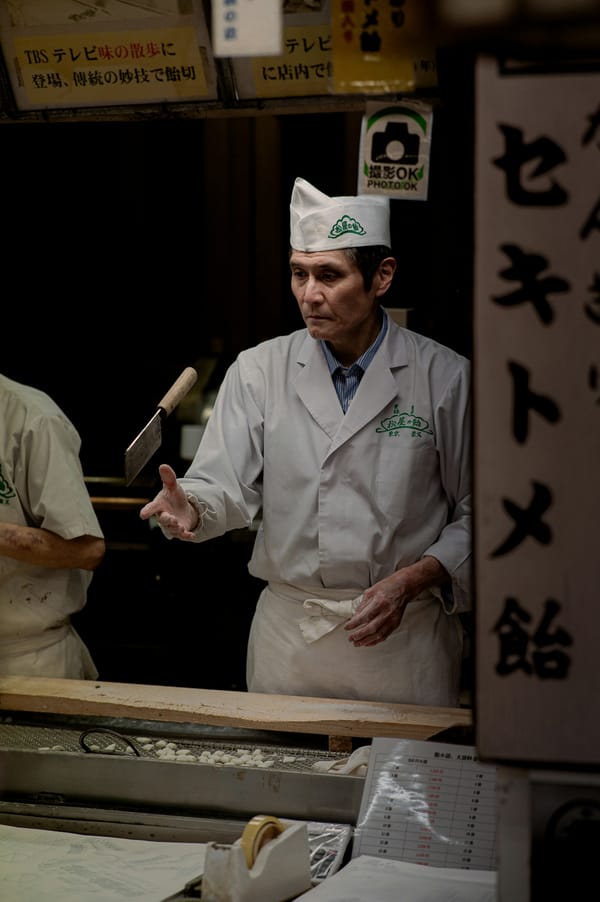Kardashian's Pantry and Traveler's Cravings ✈️
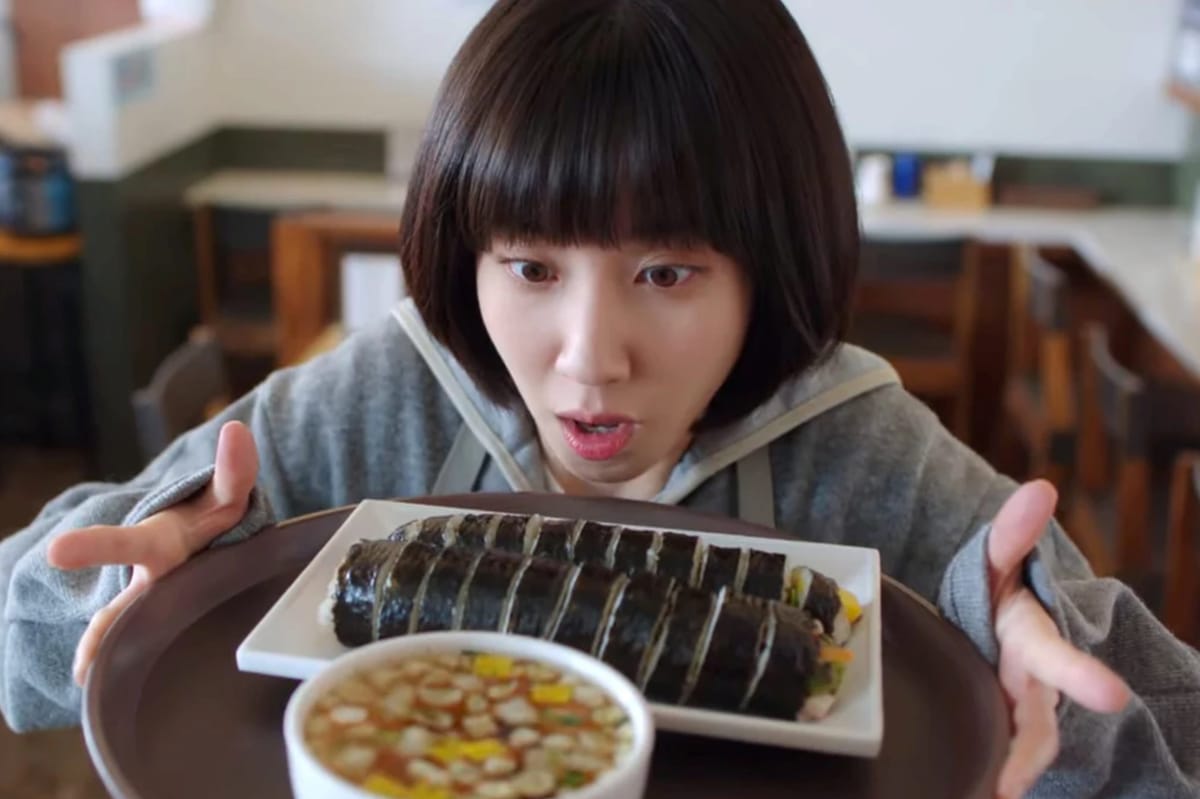
Welcome to Secret Breakfast / The best place to start your day trading spontaneity for strategy, camping for resorts and oysters for snails
Hi there!
Yesterday, I couldn't resist this clickbait: This Is the Secret Power Move Every Server Uses to Get Customers to Leave.
I spare you the click, the phrase is:
“Just so you know, we’re closing in 20 minutes”.
Why am I telling you that?
Because I'm a selfish and scheming newsletter author. And because, just so you know, Secret Breakfast will be resting next week.
We will be back on June 18th (or the day after) with new stories, hopefully from a distant and fascinating world.
Enjoy this issue: traveling is the fil-rouge here, but I also overloaded the recipe offer with some quick fixes.
I see you on the other side.
Piero

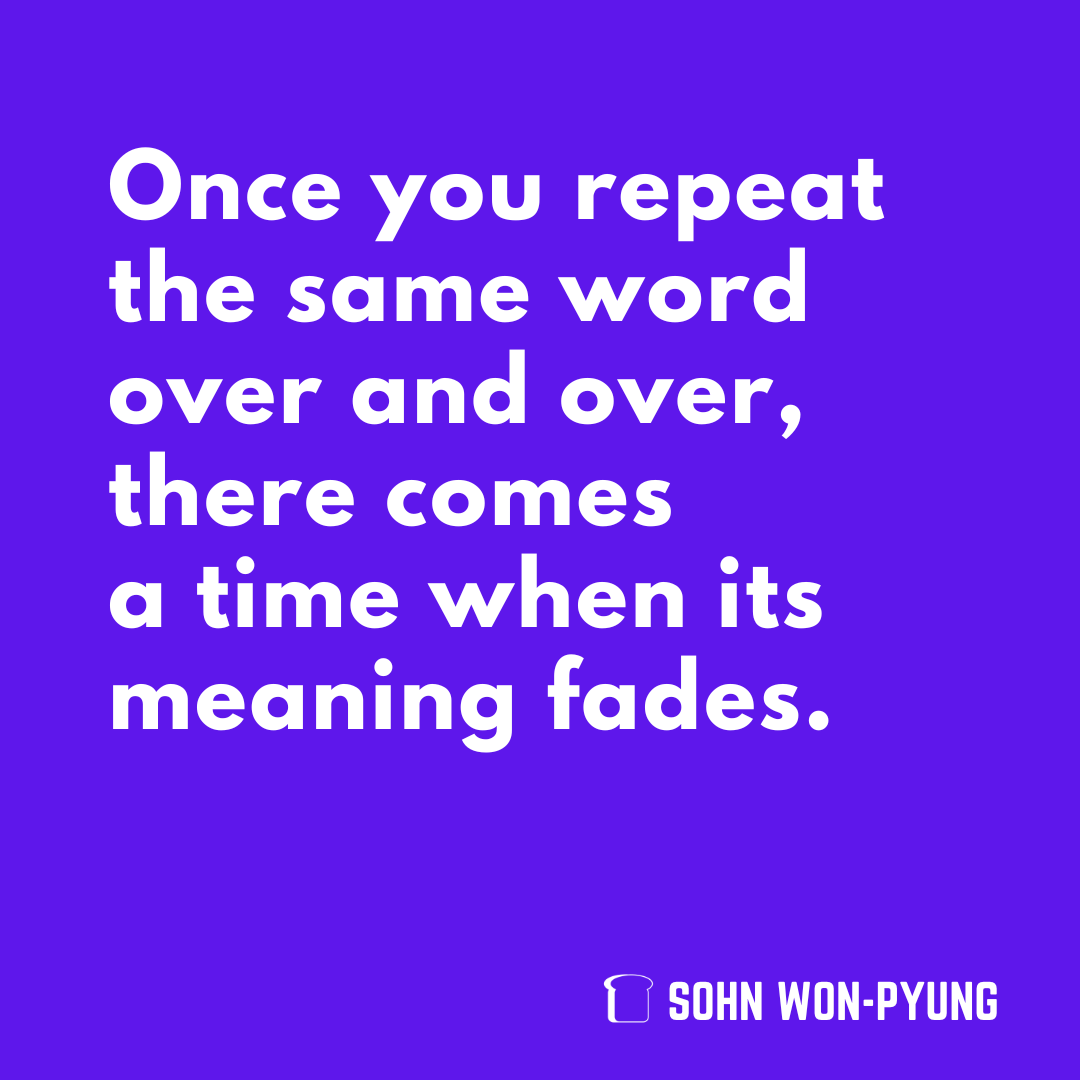
✹Sohn Won-pyung, Almond. It's the same with some recipes, isn't it?

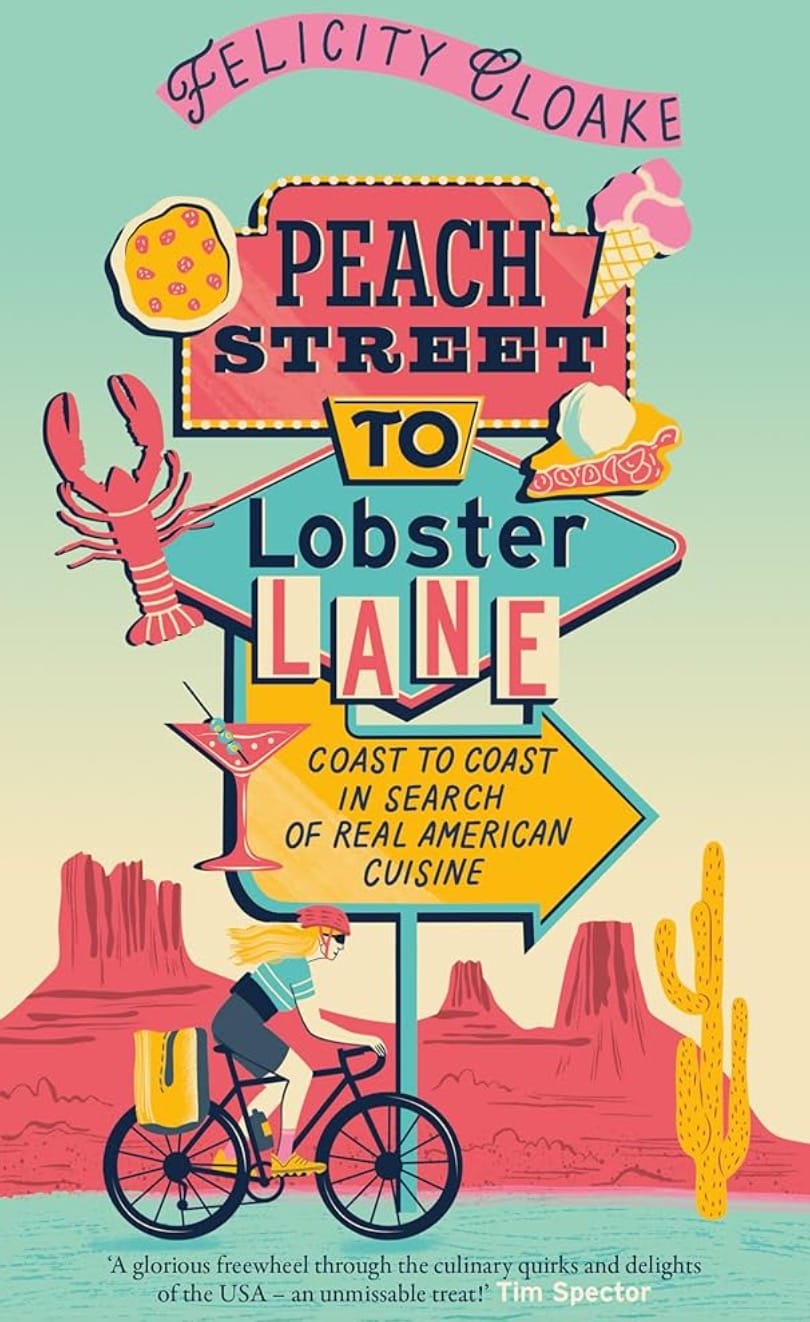
Freewheelin'
Things I will never do: cycle across the United States. Things I will never find: the "real" American cuisine. Well, hopefully Felicity Cloake ticked both boxes and wrote an entertaining food memoir. During an election year, she enjoyed a "varied landscape of warm hospitality, local pride and unforgettable flavors — from crawfish stew to sauerkraut balls, Memphis barbecue to Mission burritos, Italian beef to Tex-Mex gyoza." One proof for you: this New England Clam Chowder (★recipe).
Peach Street to Lobster Lane: Coast to Coast in Search of Real American Cuisine by Felicity Cloake
→ Shortplot: 🚴🏻♀️ 🥧 🦞 🇺🇸

Have We Learned to Eat the World?
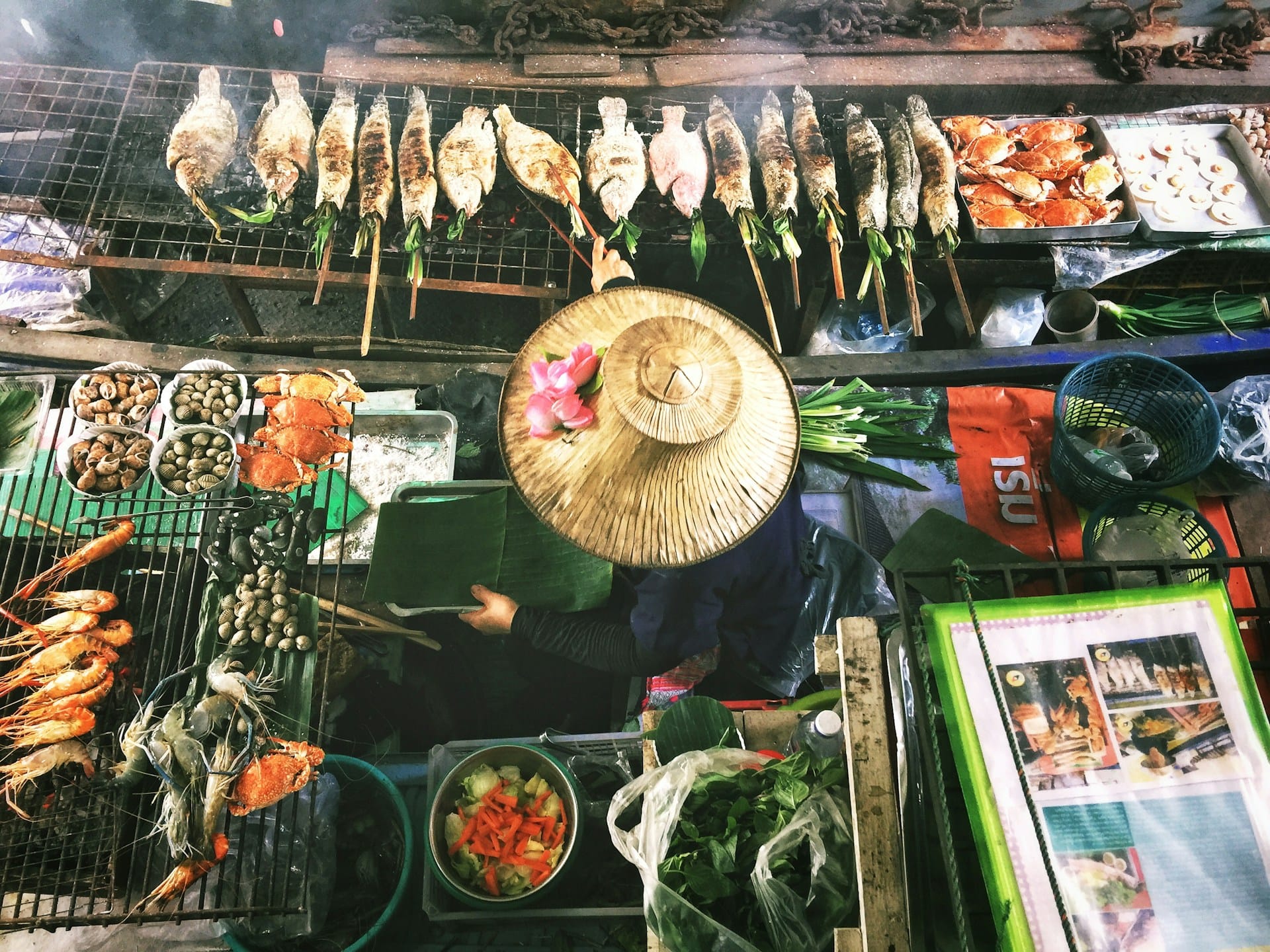
A friend of mine used to tell me about her trips to Germany in the '80s. She'd sit at restaurant tables, squinting at menus like ancient scrolls, pointing randomly at words she couldn't pronounce. Half the time she'd end up with kidneys when she wanted chicken, or carrots when she was hoping for something safe (yes, she hated carrots, can you believe that?).
Back then, traveling 300 miles could feel like crossing into another universe. You packed a pocket dictionary like armor. You rehearsed basic phrases. You worried about looking foolish, about accidentally ordering something offensive, about the waiter's judgment when you mispronounced Wiener Schnitzel (★recipe) for the third time.
Food was a minefield of social anxiety wrapped in foreign syllables.
✢ ✢ ✢
Now? We queue at 4:30 AM for omakase in Tokyo suburbs that Instagram discovered last Tuesday. We know the exact price of that moving octopus in Busan's fish market before we book our flights. We set alarms to snag the most photogenic table at Nordic bakeries located thousands of miles south of actual Scandinavia.
We've traded mystery for certainty, spontaneity for strategy.
✢ ✢ ✢
The difference isn't just technology—though yes, Google Translate has liberated us from the tyranny of pointing and hoping. It's that we've flipped the entire emotional script. Where my friend felt embarrassed to ask, we feel embarrassed not to ask. Where she feared looking foolish, we fear looking boring.
The unknown dish isn't a threat anymore. It's content.
But something strange happened in this transformation. We became braver about food and more predictable about choice. We travel further than ever before, yet somehow we're all chasing the same twenty "authentic" experiences that 2 million people have already documented.
✢ ✢ ✢
My friend's Germany was genuinely foreign, genuinely surprising—even when the surprises were unpleasant. Our version of adventure is highly curated, algorithmically optimized, and socially verified.
Maybe the real question isn't whether we eat better when we travel now. It's whether we still know how to be truly surprised by what's on our plate.
Sometimes I wonder if my friend, fumbling with her dictionary and accidentally ordering tripe, was having a more authentic adventure than any of us queuing for that perfect ramen shot.



👑Khloé Kardashian's Pantry Is Worth a Tour 🥚Egg Flight Is the New Snack Trend 🤳🏻Would You Fly Around the World for Your Favorite Food Creator? 🪷Damn, This White Lotus Effect Made the Millennials Go All-In on All-Inclusive Resorts 🥣How Millennials - it's always them - Learned to Sit at Their Desks and Love the Bowl 🍹14 Game Changers Who Are Shaping the Future of Food and Drink 🍚Summer Is Jollof Rice 🍫Acquafaba - chickpea water - Chocolate Mousse (★recipe) 🇸🇪15 Essential Swedish Recipes for Midsummer 🧊Paris’ Most Exciting New Bar Runs Entirely Without Ice 🍆Spiced aubergines and chicken lettuce cups (★recipe) 🫙St. John House Dressing (★recipe) 🫐Blueberry Crumb Cake Recipe (★recipe) 🌍Where to Eat: The Best Summer Escapes 2025 🔫13 Must-Visit Destinations for James Bond Fans 💿The Top 10 Worst Beatles Songs

From peasant fodder to posh fare: how snails and oysters became luxury foods
Laura Hood / The Conversation
Oysters and escargot are recognised as luxury foods around the world – but they were once valued by the lower classes as cheap sources of protein.
This Year’s Hot New Tool for Chefs? ChatGPT
Pete Wells / The New York Times
Some restaurateurs are starting to explore ways A.I. can help them create recipes, menus and dining experiences. Honestly, you find this article here just because Mr. Wells wrote that.




